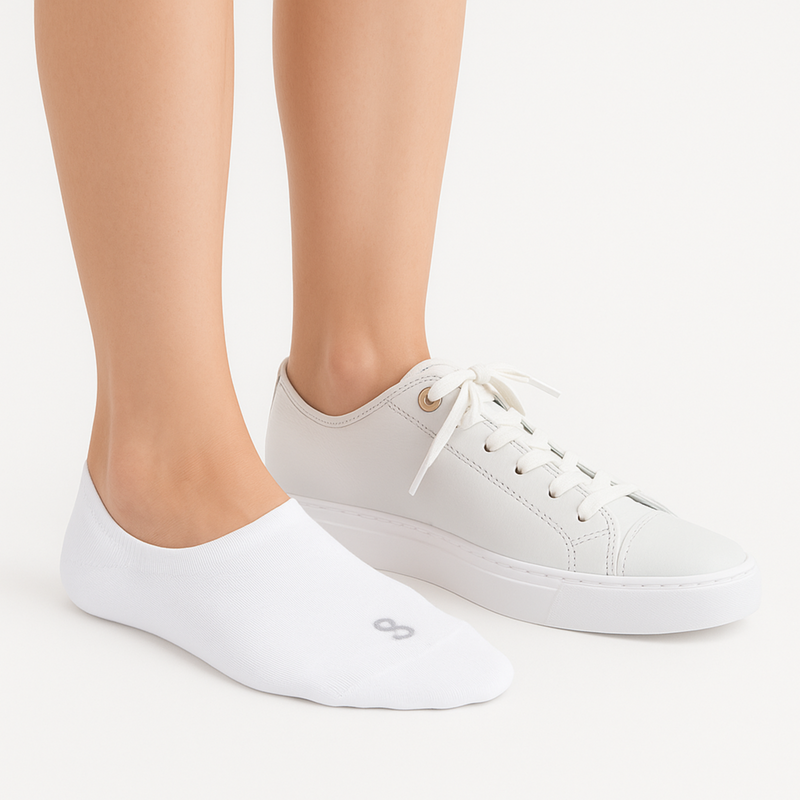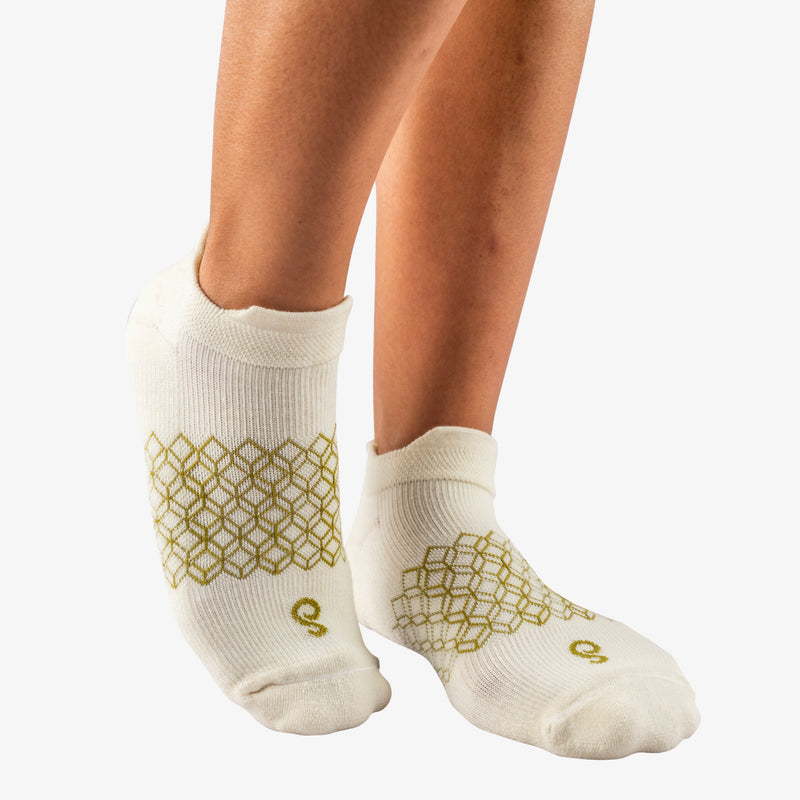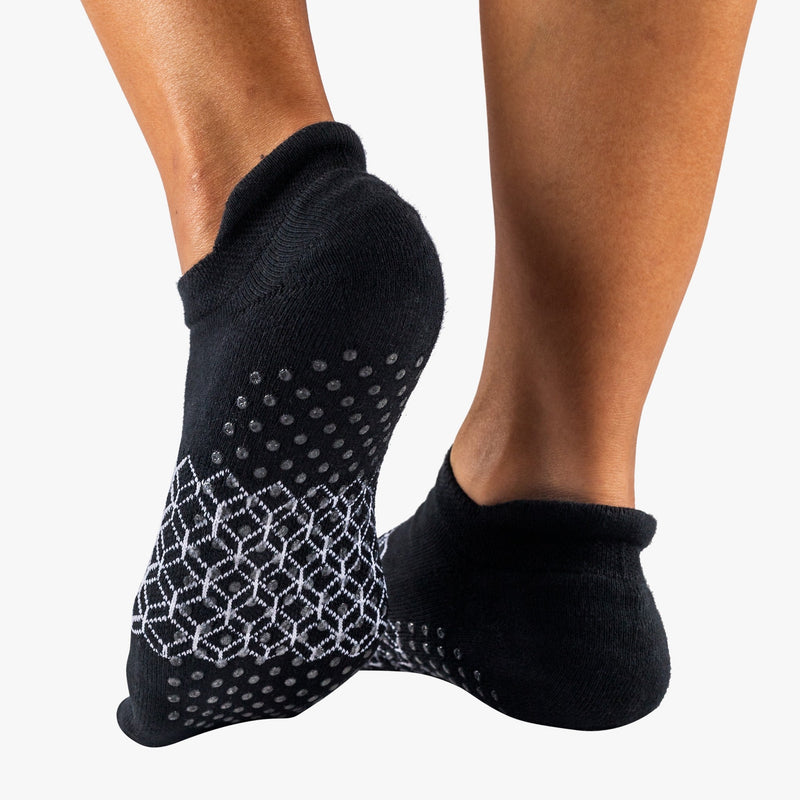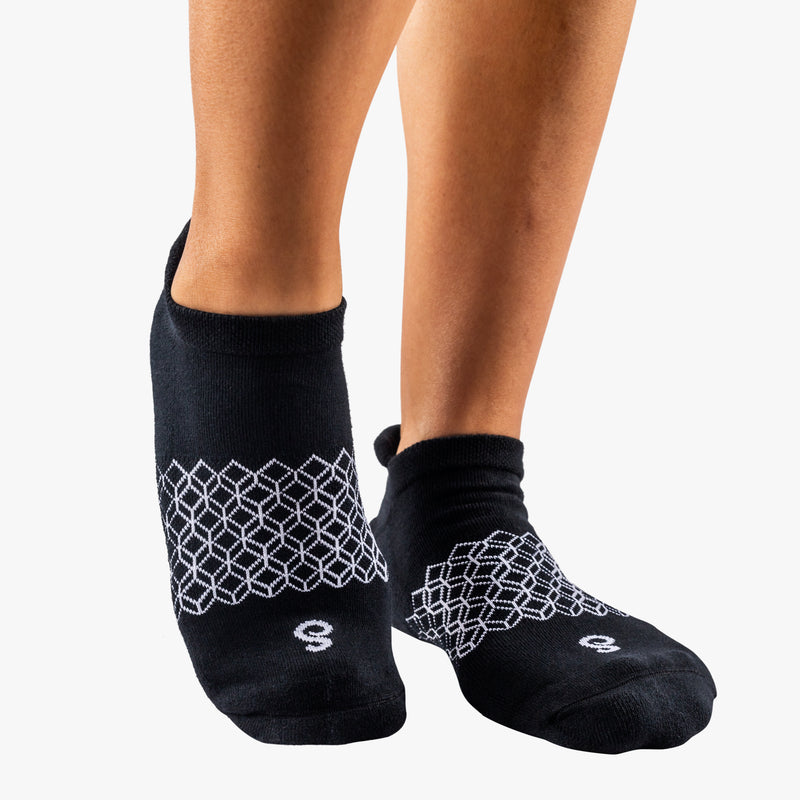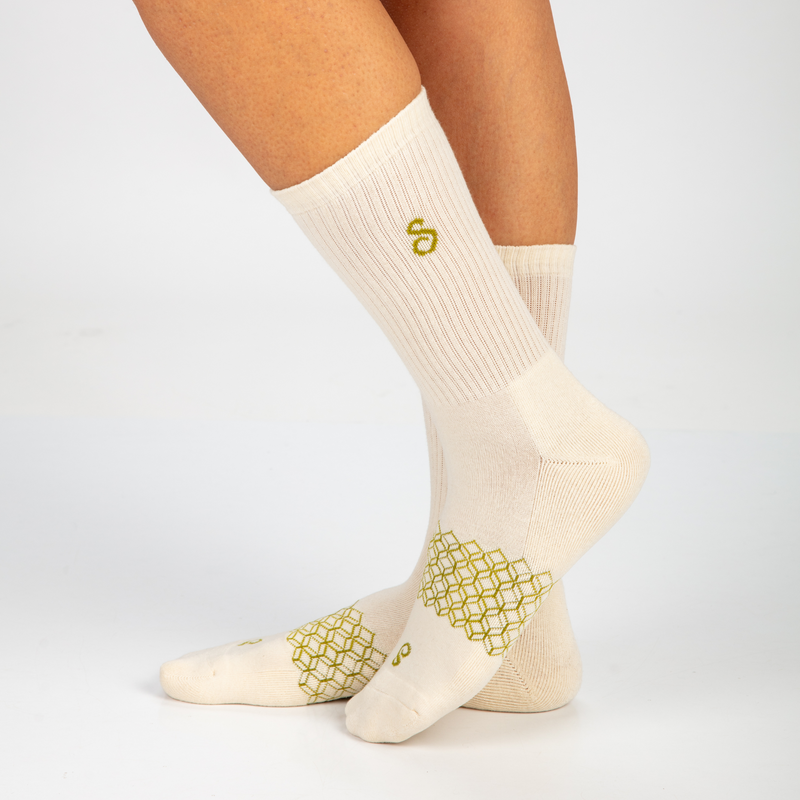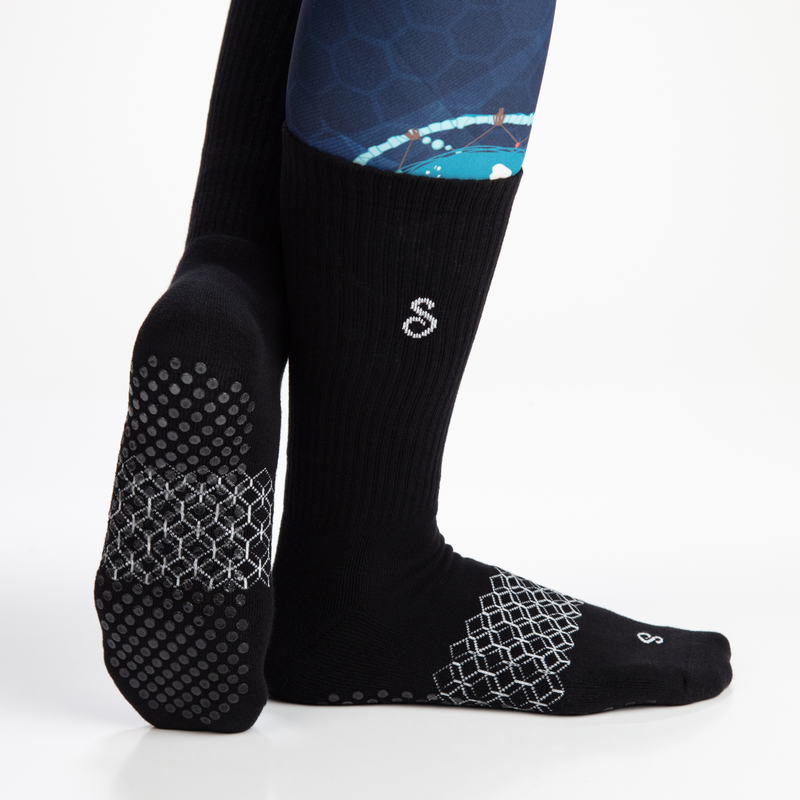
At hipSwan, we often receive questions about whether our socks contain toxins and why they are not made from 100% organic cotton. These are valid concerns, and we believe in answering them with honesty and clarity. After all, sustainability is not about easy labels, it’s about thoughtful choices that balance quality, durability, and environmental impact.
Why We Don’t Use 100% Organic Cotton
At first glance, a sock made from 100% organic cotton may sound like the most sustainable option. However, in reality, it’s not always the best solution. Cotton, even when organically grown, comes with challenges:
-
Environmental footprint: Cotton farming uses a lot of water, and while organic farming reduces harmful chemicals, it still requires natural pesticides, which can also affect local ecosystems.
-
Durability issue: Socks made only from cotton wear out quickly. Without reinforcement, they lose shape, develop holes, and need replacing more often, which ultimately increases waste.
That’s why we blend our organic cotton with other fibres. This not only makes our socks last longer but also reduces the need for frequent replacements, lowering the overall carbon footprint.
Our Organic Cotton Standards
The cotton we use is organic combed cotton, which means the fibres are carefully brushed to remove shorter threads, leaving only the longest and strongest fibres. This ensures softness and durability.
We go further by requiring our suppliers to meet the Global Organic Textile Standard (GOTS). The certification guarantees sustainable processing and transparency from the cotton farm to the finished product.
Cotton is a globally traded material, so at times it can be difficult to trace it back to its source. That's why we require our suppliers to declare the country of origin and production methods for the cotton they supply to us. We would not source cotton from countries where there is widespread use of forced and child labour or other human rights abuses in the cotton industry.

What About Wool and Synthetic Fibres?
To make socks that are truly high-performing and long-lasting, we use responsibly sourced materials:
-
Merino wool: Naturally breathable, odour-resistant and temperature-regulating. Our wool suppliers comply with OEKO-TEX Standard 100, ensuring the absence of harmful substances.
-
Recycled polyester and nylon: These give stretch, shape retention, and durability. Wherever possible, we use recycled synthetics to cut down on greenhouse gas emissions, energy, and water usage.
Some might suggest plant-based alternatives like rayon or viscose. However, these often come with significant drawbacks for forests and ecosystems. Our approach balances performance with responsibility.
We are currently exploring the use of bamboo in product development, including adding it to our Dash merino wool sock to make it even softer.
Safe to Wear, Responsibly Made
All our socks are rigorously tested and certified to ensure they are safe for everyday wear. Our choice of materials and certifications means you can wear hipSwan socks with confidence; they’re designed with both people and the planet in mind.

Our Commitment to Sustainability
Our packaging is designed to be as eco-friendly as possible while ensuring your socks arrive safely. We primarily use 100% recycled paper and soy-based inks for minimalist boxes and inserts. Products are shipped in recyclable paper mailing bags that are FSC® and PEFC™ chain-of-custody certified.
Our packaging can be changed by our warehouse depending on the quantity of the socks ordered. Sometimes we use eco-friendly plastic mailers. We’ve found that boxes, while recyclable, can sometimes open in transit, leading to wasted products and disappointed customers.
Packaging is an area we are continuously evaluating and optimising. Our goal remains to minimise environmental impact while balancing sustainability with durability and customer satisfaction.
As a start-up e-commerce company, hipSwan as a company is not encumbered with a significant environmental footprint. We have the flexibility and opportunity to manage our footprint as we grow. One way we intend to accomplish this is through a partnership with TreeSisters, a UK-registered social change and reforestation charity that funds a diverse portfolio of tropical reforestation projects that are ethical, community-led, expand natural forest cover and aim to avoid further deforestation.
Our products are made in limited edition batches in order that we can focus on essential materials, suppliers and technologies, and also minimise our environmental footprint.
We know that no material is perfect. Every fibre comes with trade-offs. That’s why at hipSwan we focus on:
-
Choosing certified organic cotton as our base yarn.
-
Using recycled synthetics to reduce our carbon footprint.
-
Designing socks that last longer, meaning fewer pairs thrown away.
-
Carefully monitoring the origins of our materials to avoid human rights abuses.
- Using eco-friendly materials for our packaging.
We’re constantly improving, listening, and innovating to minimise our impact. At hipSwan, sustainability isn’t a marketing slogan, it’s a responsibility.






